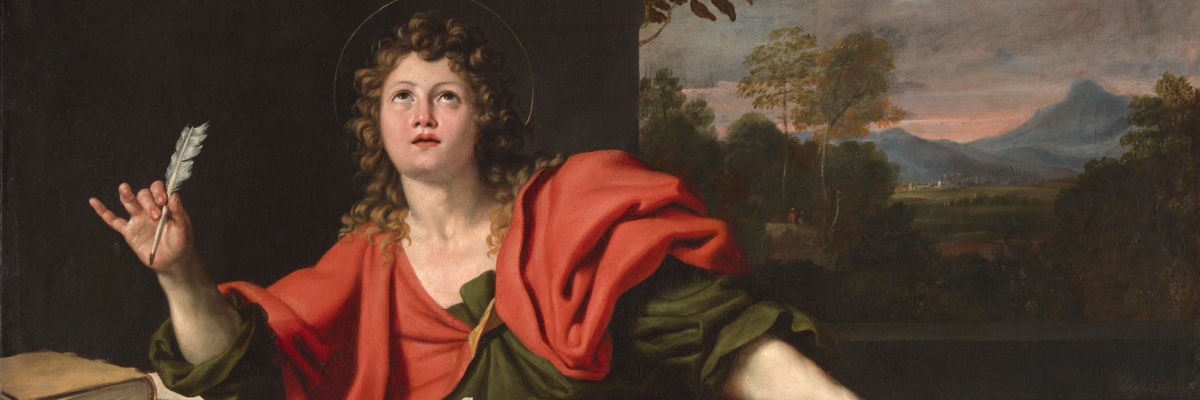
St. John teaches in 1 John 5:13 that we can know that we have eternal life. Does this text support the Protestant doctrine of the assurance of salvation? Karlo Broussard gives the reason why the answer is no, and shows how this text actually supports the Catholic belief about our knowledge of our salvation.
Transcript:
Contrary to Catholic belief, many Protestants teach that we can be absolutely sure we’re going to Heaven if we believe in Jesus. They quote 1 John 5:13 as a proof text where John writes, “I write this…that you may know that you have eternal life.”
Does this text teach what Protestants think? I don’t think so.
John writes in the next verse, “And this is the confidence which we have in him.” For John, the knowledge we have of our salvation is not a metaphysical certainty (no doubt whatsoever), but a confident assurance. This is the Catholic belief.
We know this is what John means because he draws a parallel between our knowledge of salvation and our knowledge that God grants our requests. Verse 15 reads, “We know [same Greek word as verse 13] that we have obtained the requests made of him.”
Now, do we have absolute certitude that God will grant our requests? Of course not! Anybody who has ever petitioned God for something knows we don’t get everything we ask for. Our knowledge that God answers our petitions is one of confidence and not metaphysical certainty.
Similarly, our knowledge that we are saved is one of confident assurance and not absolute certitude. As St. Paul writes in 1 Cor. 4:4, “I am not aware of anything against myself, but I am not thereby acquitted.” If Paul doesn’t think he can make a definitive judgment on the state of his soul, then why should we think we could do so for ours?
If you want to learn more about this topic and others like it, visit our website at catholic.com.
For Catholic Answers, I’m Karlo Broussard. Thanks for watching.



